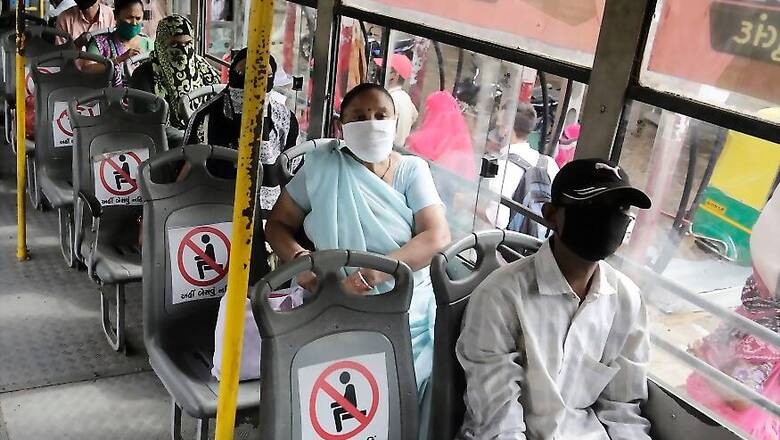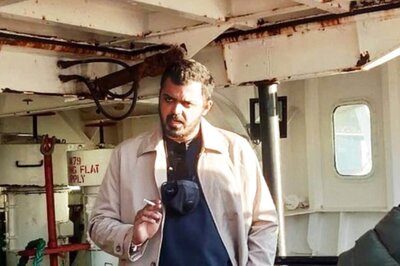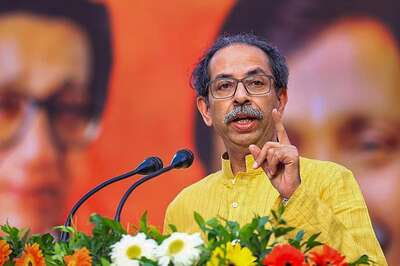
views
The central government’s repeated and continuing denial of community transmission of coronavirus is futile and counterproductive to slowing down the rise in cases, epidemiologists and health experts say. Despite one of the harshest lockdowns in the world which began on March 25, the country is steadily inching towards the mark of three lakh cases. As on Wednesday, the country recorded a total of 2,76,583 cases of which 1,33,632 were active; 1,35,206 had recovered and 7,745 had died due to the infection.
Epidemiologists and health experts were of the view that community transmission has been evident right from April. The decision to not make this public officially has affected messaging on the pandemic, limited testing strategies and has also allowed the government to justify the prolonged lockdown, experts said. Community transmission refers to a stage wherein the original source of transmission is unknown in several cases.
“We know it (community transmission) has been happening for a while. Trying to control or eradicating it is out of question, so the approach should be to slow it down. As of now, contact tracing won’t be of much help because tracing everyone at this stage will be difficult,” said Jayaprakash Muliyil, member of the ICMR-constituted sub-group on epidemiology and surveillance and former principal of the Christian Medical College, Vellore.
Muliyil added that the state-level experts advising governments should be allowed to formulate location-specific strategies. “I have said in the past too, government should boldly admit that there is community transmission as there is nothing wrong in it.”
Dr T Sundararaman, former director of the National Health Systems Resource Centre, said denial of community transmission reflects stubbornness on part of the government. “If you need complete geographic sealing of an area, it indicates that you are not sure of the sources of transmission,” Sundararaman said.
“By denying community transmission, you are also limiting symptomatic people outside hotspots and containment zones from getting tests freely,” he added. Currently, only those symptomatic people within hotspots, with travel history, those who had contact with lab-confirmed cases and health care workers and symptomatic migrant returnees with influenza-like illness are eligible for a test.
Notwithstanding official denial of community transmission, the indications were there from April with the results of the Indian Council of Medical Research (ICMR) sentinel surveillance of severe acute respiratory illness (SARI) patients. The study, released in April, found that among 5,911 SARI patients who were tested by ICMR to check for Covid-19, 104 tested positive and 40 among them did not have any history of foreign travel or contact with a Covid-19 positive case.
In another recent indication of community transmission, the preliminary result of government’s nationwide survey of asymptomatic people has found that Covid-19 might be prevailing in 15-30% of population in hotspot or high-load districts.
Government scientists said that the community-based sero-survey in 69 districts of the country to study prevalence of the Covid-19 infection will give a fair idea of the extent of community transmission. “The sero-survey results will be out soon. That will give us an idea of those who have tested positive without no known contacts and regarding community spread,” said Rajni Kant, head of Department of Research Management, Policy Planning and Communication at ICMR, Delhi, and director of Regional Medical Research Centre, Gorakhpur.
Some felt that that messaging on the pandemic has to be more emphatic to let the public know that they cannot let the guard down. “Everywhere, whether or not they are identified clusters, we need to be conscious about community transmission being a potential reality. For that the top requirement is continuous and repeated awareness at individual and institutional level that relaxation of lockdown should not be perceived as the emergency has been taken care of,” said Tanmay Mahapatra, an epidemiologist who works as team lead for CARE India in Bihar.




















Comments
0 comment